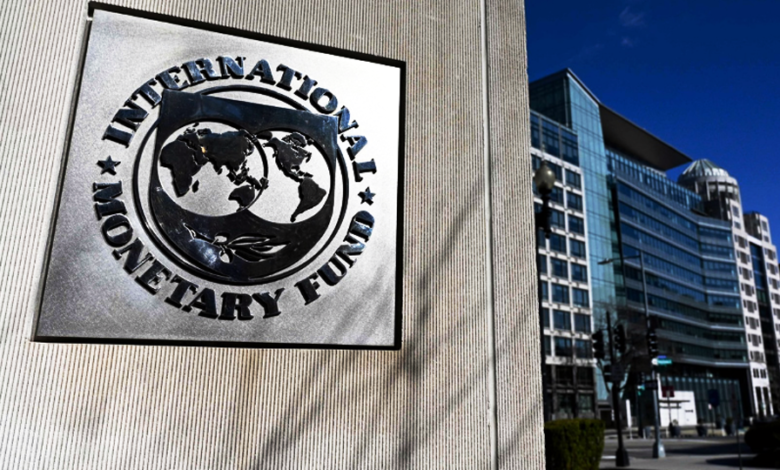The IMF maintains Pakistan’s GDP forecast, but cautions against inflation and deficit risks.

- The IMF warns that inflation and current account deficits will continue to be near-term risks.
- Expects the current account deficit to increase to 5.3 percent, up from 4.1 percent previously forecast.
- Pakistan is estimated to require gross external financing of more than $35 billion in the current fiscal year, with a current account deficit of 5.3% of GDP in FY2022.
According to The News, the International Monetary Fund (IMF) has maintained Pakistan’s GDP growth forecast at 4% for fiscal year 2022.
The Fund cautioned, however, that rising inflation and the external environment had increased near-term risks, and it revised downward its forecasts for the current account deficit and inflation.
The IMF now forecasts that the current account deficit will increase to 5.3 percent by the end of June 2022, up from 4.1 percent previously. This increase is primarily due to increased imports of oil and commodities.
Pakistan’s current account deficit was projected by the lender to reach $18.5 billion this fiscal year, according to the World Economic Outlook released in Washington. Previously, it projected a $12.9 billion deficit for FY2022.
According to the IMF, Pakistan requires more than $35 billion in gross external financing in the current fiscal year, owing to a current account deficit of 5.3 percent of GDP in FY2022.
Furthermore, the IMF raised its inflation forecast for Pakistan for the current fiscal year to 12.7 percent on average, up from 9.4 percent previously.CPI inflation was 12.7 percent in March 2022.
“Price pressures have led central banks in a number of countries to start raising interest rates in an effort to keep inflation in check,” the report said. This will have a big impact on highly indebted developing countries.
In February, former Prime Minister Imran Khan announced a reduction in petrol and electricity tariffs in February, despite rising global energy prices, in order to help mitigate the impact of rising energy prices, particularly at the pump. For the time being, the new government of Prime Minister Shehbaz Sharif has decided not to cut billions in fuel subsidies.
Analysts, on the other hand, argue that fuel and electricity subsidies are putting the fiscal position under additional strain. Dr. Khaqan Najeeb, a former finance ministry adviser, said that the current account deficit was a big source of macroeconomic instability in a country like Pakistan that doesn’t have a lot of money from outside.
“The current account deficit has ballooned far beyond expectations. It goes without saying that a deficit of more than 5% of GDP is unsustainable,” Najeeb said.
Pakistan’s external gross financing needs have risen above $34 billion because of a growing current account deficit.
The former adviser also expressed concern about inflation being revised up by the government and its international partners. He said that the government has to deal with inflation beyond monetary policy in order to help the public.
“Real effort is required, as both an increased current account deficit and an increase in inflation necessitate stronger adjustment measures to restore sustainable levels,” Dr Najeeb stated.





